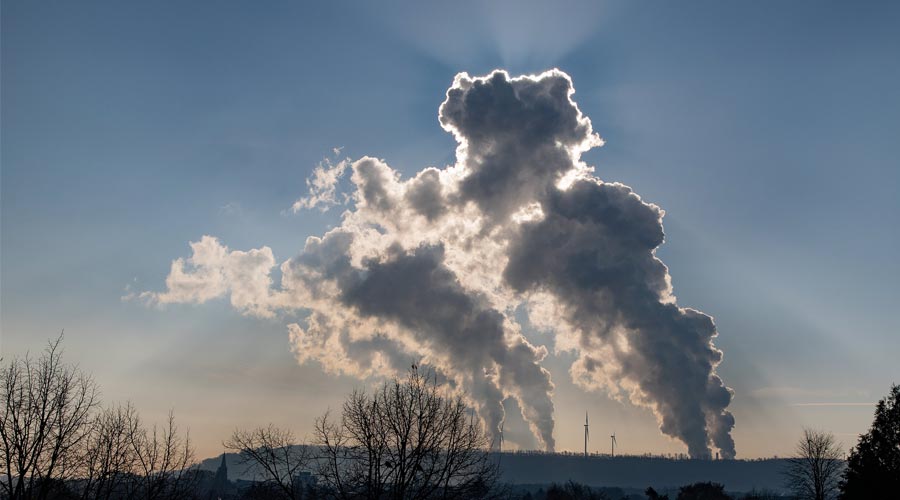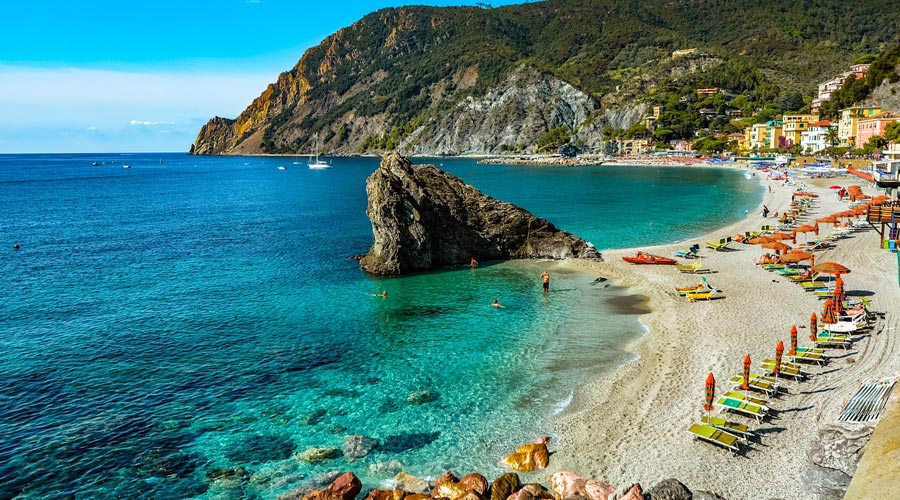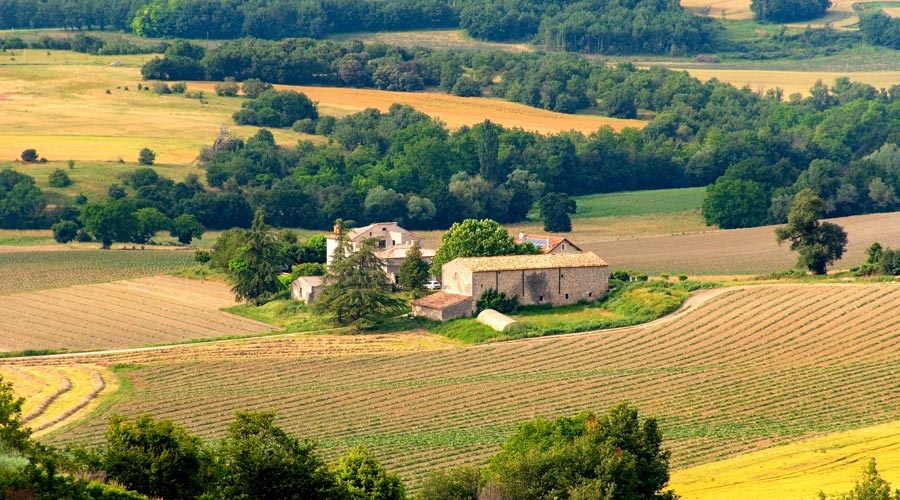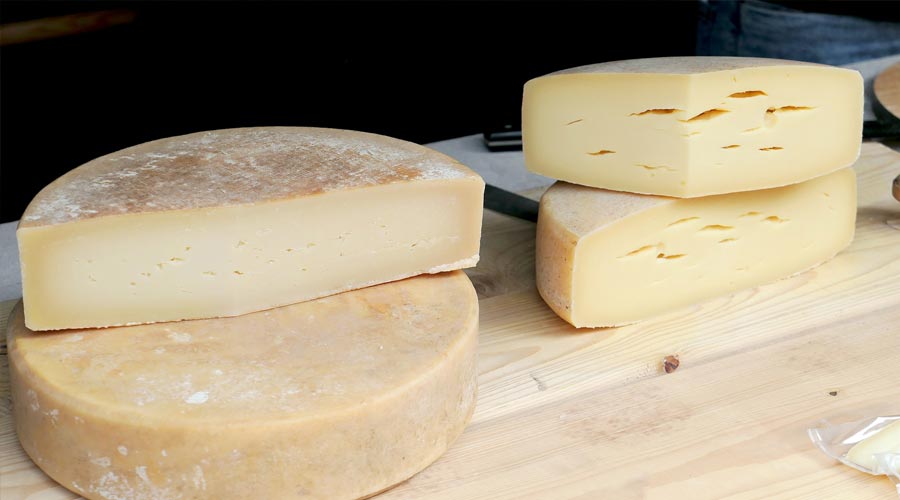FGAS – EU REG. 2015/2067 AND EC REG. 304/2008
Apave Certification Italy was among the first bodies to be accredited by Accredia and recognised by the Ministry of the Environment as a competent body for undertaking certification activities and is a leader in Italy in the certification of FGAS companies with over 9500 certificates issued.
 Download the application form for Product Certification Reg. (EU) 2015/2067- Reg. (EC) 304/2008 - Fluorinated greenhouse gases
Download the application form for Product Certification Reg. (EU) 2015/2067- Reg. (EC) 304/2008 - Fluorinated greenhouse gases Download the Rules for product/service certification Apave Certification Italy
Download the Rules for product/service certification Apave Certification Italy Download the Certification Scheme for Organisations referred to in Reg. (EU) n. 2015/2067(1), (EC) 304/2008(2)
Download the Certification Scheme for Organisations referred to in Reg. (EU) n. 2015/2067(1), (EC) 304/2008(2)FGAS – EC REG. 307/2008


 Download the application form for Product Certification Reg. (EC) 307/2008 - motor vehicles containing certain fluorinated greenhouse gases
Download the application form for Product Certification Reg. (EC) 307/2008 - motor vehicles containing certain fluorinated greenhouse gases Download the Rules for product/service certification Apave Certification Italia
Download the Rules for product/service certification Apave Certification Italia Download the Certification scheme for training certification bodies for individuals involved in the recovery of fluorinated greenhouse gases from the air conditioning systems of certain motor vehicles, in compliance with Regulation (EC) 307/2008
Download the Certification scheme for training certification bodies for individuals involved in the recovery of fluorinated greenhouse gases from the air conditioning systems of certain motor vehicles, in compliance with Regulation (EC) 307/2008UNI CEI 11352 : 2014 (ESCO)
Apave Certification Italy has developed an accredited (Accredia) certification process against the UNI CEI 11352:2014 standard, aimed at organisations offering energy services in the industrial and civil sectors. This certification has proven to provide guaranteed results in terms of savings achieved.
This standard requires that the ESCo (Energy Service Companies), through their services, guarantee a level of energy efficiency for the client, measured through the reduction of energy consumption compared to the initial one.
This type of "Energy Performance Contract" (or EPC) is becoming more and more popular in both industrial and civil sectors as it allows companies to concentrate on their own activities by entrusting the management of auxiliary installations (boilers, cogenerators, inverters, compressed air plants, etc.) to specialists in the sector.
The UNI CEI 11352 standard is a support tool for national energy policies. It was drawn up on the basis of the requirements of Article 16 of Legislative Decree no. 115/2008, a transposition into Italian law of Directive 2006/32/EC on energy end-use efficiency and energy services. This was further developed by the Ministerial Decree of 7 March 2012, which requires that energy service companies working with public administrations comply with the standard. A further evolution was brought by Legislative Decree 102/2014, the transposition of Directive 2012/27/EU into Italian law, which states that only certified ESCo will be able to access the white certificates scheme and present energy efficiency projects as voluntary entities.
 Download Request for transfer of UNI CEI 11352 certification
Download Request for transfer of UNI CEI 11352 certification Download the Information questionnaire for the certification of energy service companies (ESCo) according to UNI CEI 11352:2014
Download the Information questionnaire for the certification of energy service companies (ESCo) according to UNI CEI 11352:2014 Download the Rules for the certification of companies that provide energy services (ESCo) in compliance with UNI CEI 11352:2014
Download the Rules for the certification of companies that provide energy services (ESCo) in compliance with UNI CEI 11352:2014UNI / PdR 88:2020
It may prove to be a useful guiding tool for the same organizations wishing to declare such environmental aspects.
ISO 13009
TOURISM AND RELATED SERVICES - BEACH ACTIVITIES


The ISO 13009 standard is explicitly dedicated to bathing establishments, to certify their high level of quality of supply and the adoption of corporate management policies focused on eco-sustainability, accessibility, customer care and safety.
This certification could also represent a plus for the current concessionaires in order to regain their title in the public tenders that must be carried out by 2024, as envisaged by the competition law finally approved last August.
Through ISO 13009 certification, the following areas are focused on:
- Safety and emergency management
- Environmental protection, water quality and waste management
- Accessibility and fixed and mobile infrastructure
- Equipment, signage
- First aid
- Communication and information
- Cleaning and waste removal
- Catering and bar services
TECHNICAL SPECIFICATIONS DT 001: AGRITOURISM HOSPITALITY SERVICES


Technical Specification DT 001, accredited by Accredia, is a standard owned by Apave Certification Italy developed for the certification of agritourism hospitality services.
The specifications apply to farms that have an authorisation to operate in the agritourism sector and to farms that have another licence to provide hospitality services, provided that they all operate in compliance with the relevant regulations.
TECHNICAL SPECIFICATION DT 002 : NON-GMO PRODUCTS
Technical Specification DT 002, is a standard owned by Apave Certification Italy developed for the certification of non-GMO products. The non-GMO certification guarantees to the consumer the commitment of the applicant company to avoid contamination by GMOs (Genetically Modified Organisms), through the preparation of a technical document, defined by the producer and approved for certification purposes.
The standard is normally applied to products or derivatives that may originate from, or be contaminated by, genetically modified matrices such as:
- Livestock feed
- Food intended for human consumption7
This certification can be requested by livestock feed producers, distribution chains, food processors using maize and soya or their derivatives, animal supply chains and maize and soya chains.
TECHNICAL SPECIFICATION DT 003 :
CONTROL OF AFLATOXIN RISK IN THE PRODUCTION OF MILK AND HARD AND LONG MATURED CHEESE


Technical Specification DT 003 is a proprietary standard developed by Apave Certification Italy for the certification of Aflatoxin risk control.
Aflatoxins, belonging to the mycotoxin family, are secondary metabolites produced by parasitic fungi of plants (e.g. genus Aspergillus) or by mould-forming agents in foodstuffs which, once ingested by farmed animals or humans, can induce various acute and chronic diseases. Cereals, and in particular maize, are among the plant products most at risk of contamination.
Based on the guidelines developed by the European Economic Community and the specific reference legislation, this technical specification is a certifiable standard intended to represent a support tool for operators in the dairy sector. This tool should support operators of the dairy sector when identifying the choices and activities for a self-monitoring system aimed at managing the aflatoxin risk. This technical specification is the reference for certifications with the requirement "Control of the aflatoxin risk in the production of milk and hard and long-matured cheese".
UNI ISO 20400 - SUSTAINABLE PROCUREMENT
ISO 20400 is a guide for integrating sustainability and responsibility throughout the supply chain. It is intended for stakeholders involved in, or affected by, the procurement process and is aimed at those responsible for the procurement processes of organisations in the supply chain.
This technical standard outlines considerations that should be incorporated into different aspects of procurement, including product life cycle analysis, due diligence, analysis of direct and indirect complicity in human rights violations and overall cost. "Today, it is no longer sufficient for companies to simply rely on suppliers to get what they want, without asking questions" (Jacques Schramm, President ISO/PC 277).
 Check out our accreditation
Check out our accreditationThe Accreditation Certificate no. 085B pursuant to UNI CEI EN ISO/IEC 17065 for the "Certification of products/services" in the following schemes/sectors: - Certification of agritourism hospitality services; - Certification of companies authorised to carry out activities on certain fluorinated greenhouse gases; - Certification of the service of providing training courses for individuals involved in the recovery of certain fluorinated greenhouse gases from the air conditioning systems of motor vehicles falling within the scope of Directive 2006/40/EC according to the provisions of Regulation (EC) no. 307/2008; - Companies providing energy services (ESCo) in accordance with UNI CEI 11352:2014, Legislative Decree 4 July 2014 n.102, Interdirectorial Decree of the Ministry of Economic Development and the Ministry of the Environment and Land and Sea Protection of 12 May 2015.
